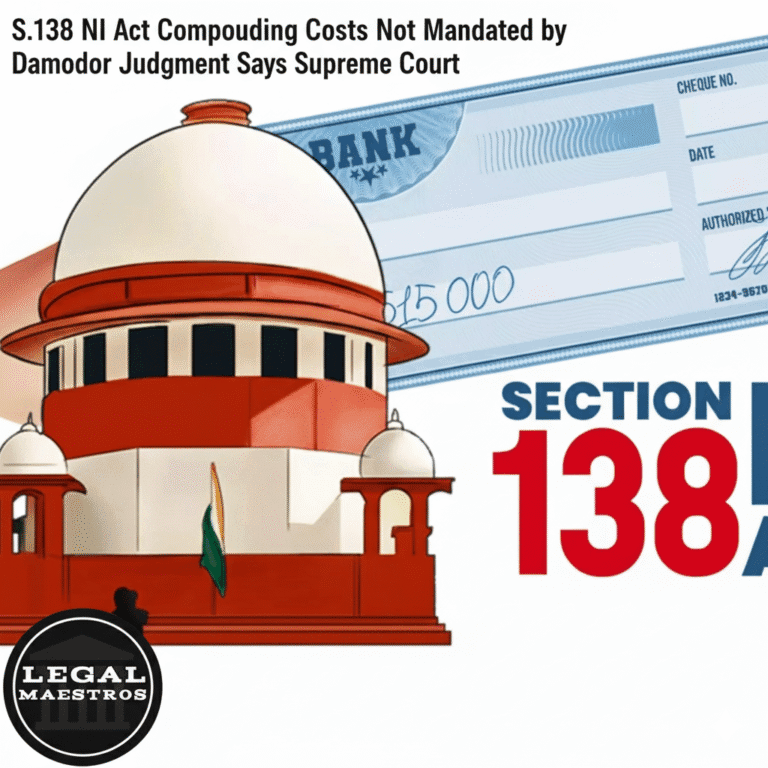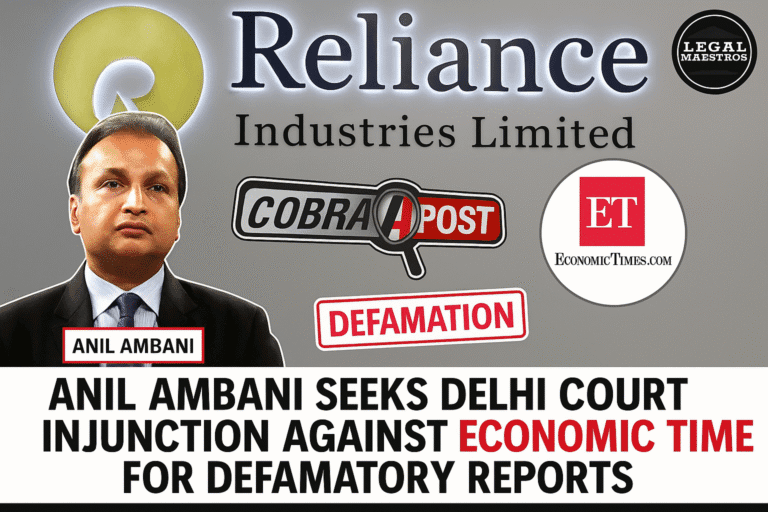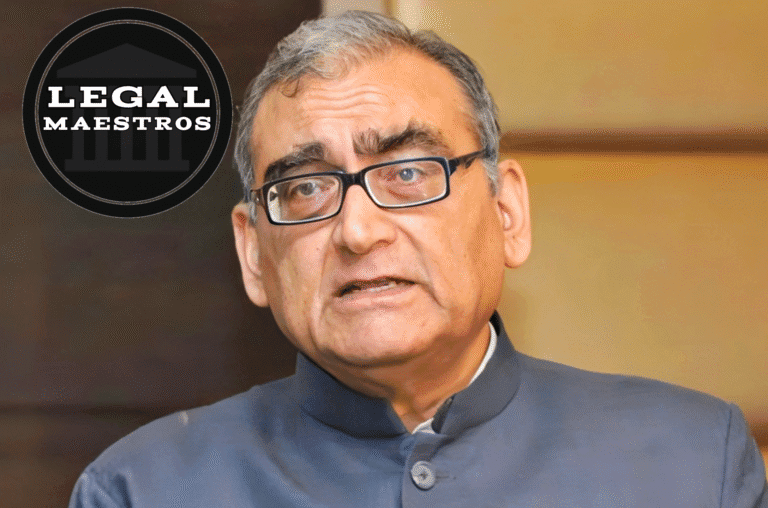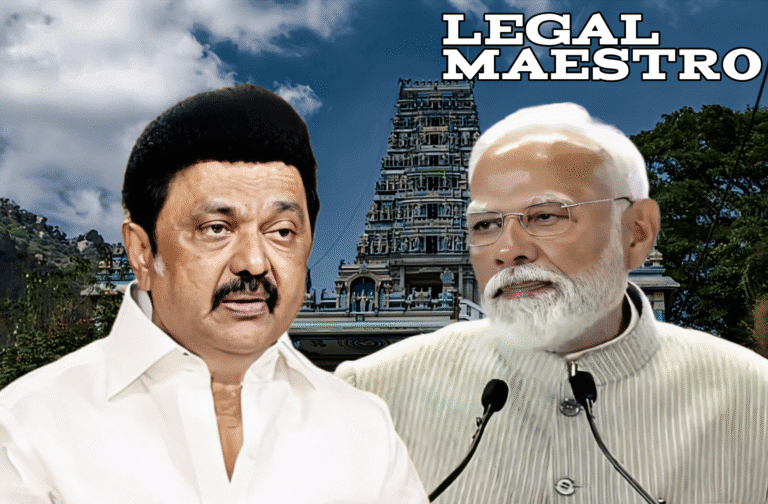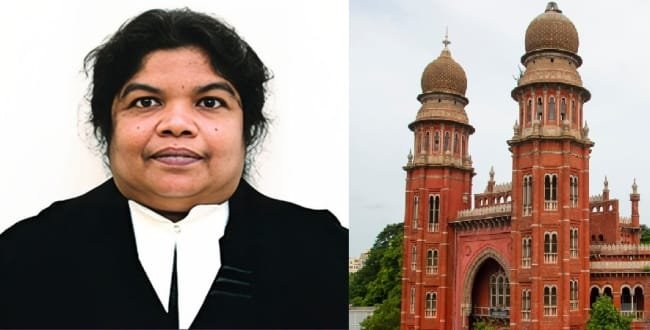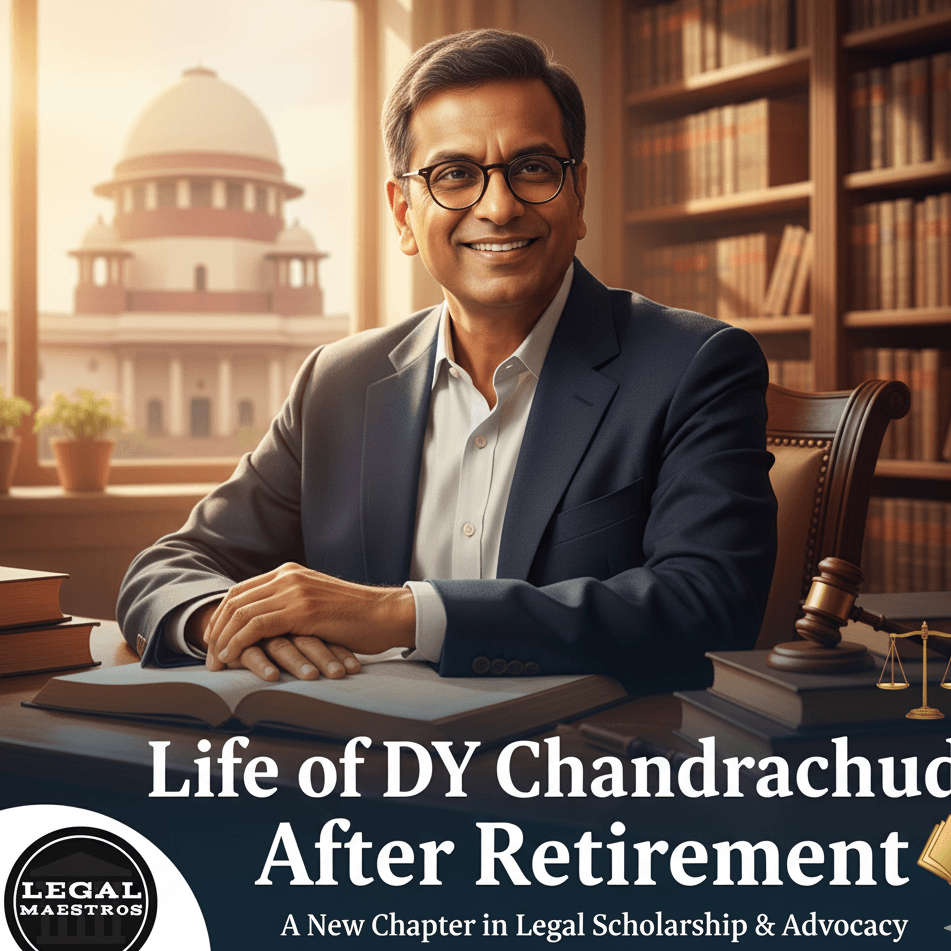
Life of DY Chandrachud After Retirement
A New Chapter for a Landmark Jurist
By the time Chief Justice of India, Dhananjaya Y. Chandrachud retires on November 10, 2024, the Indian judiciary will truly have come to an end. His reign has been characterized by high focus on technology, personal freedom and social responsibility. It is the end of his long and hard career, and the closest to the highest judicial office in the nation; now, then, what is next the man who spent his life in the law and in the Constitution? An after-life of the Supreme Court certainly will be different, however, it is scarcely likely to be one of stillness.
The step out of the life with court schedules, administrative responsibilities, and the enormous pressure of writing the judgment will be a serious one. His days have been spent in decades listening to complicated cases and carving out the legal fabric of a hundred billion plus nation. Retirement will also give him the liberty to pursue what interests him outside the courtroom setting. It is a change in being an active adjudicator to becoming an elder statesman of law, whose wisdom and experience will be much in demand.
His hallmark in being a progressive and progressive judge is well-founded by the presence of landmark verdicts touching on privacy, gender equality, and basic rights. Such a reputation will accompany him even into his post-retirement and this reputation will open many opportunities in which his intellectual skills can still be used to serve the society. The termination of his CJI office is not the end of his life in the society but a new life, a life where he can interact with law and the society at his own pace and with his own terms.
For any queries or to publish an article or post or advertisement on our platform, do call at +91 6377460764 or email us at contact@legalmaestros.com.
This new stage will enable him to be out of the day-to-day life of judiciary and still be a force and a voice to reckon with. The legal fraternity, the academia, and the masses will be highly monitoring the course of action he shall adopt. With his vitality and firm belief in the constitution, his post-retirement career will be as productive and significant as his tenure on the bench that will provide new avenues to serve the values he has advocated over his career.
The Academic and Intellectual Pursuit
The most natural avenue that Justice Chandrachud follows after retirement is the academic one. A serious academic inclination, he has often been called a professor judge because of his academic and well-considered decisions. He has a Masters of laws and a doctorate in juridical science at the Harvard law school which makes him have good contacts with the academic world across the world. There is a high chance that he will be invited to assume teaching assigns/fellowships at the most prominent universities in India as well as outside India.
His appearance in one of the law schools would be priceless, as he would be able to give invaluable advice to the students regarding a blend of theoretic possibilities and the practical experience over the decades of his bench. He could devise courses in constitutional law or human rights or comparative law, and produce that knowledge which is not available in textbooks. The interaction with young legal intellectuals would enable him to influence the future generation of lawyers and judges so that his approach to the legal system will be felt by the legal system years later.
For any queries or to publish an article or post or advertisement on our platform, do call at +91 6377460764 or email us at contact@legalmaestros.com.
Outside the classroom, Justice Chandrachud is bound to spend much time on writing. He can write about his memoirs which will give us a backstage view of how the Supreme Court operates and his interactions with some of the most critical events that have occurred in the recent Indian legal history. It would be a best-seller book as it would offer a lot of value to both the legal scholars and the students as well as the common people. He also could produce more scholarly articles, developing his constitutional theories and legal philosophy.
Moreover, he will surely be the speaker in demand on domestic and international conferences. He makes a great orator since he is capable of explaining complicated legal matters clearly and in a comprehensive manner. These platforms will enable him to remain engaged in meaningful debates concerning democracy, the rule of law, and judicial reform on a universal platform. This mental activity will ensure that he remains at the centre of the law thinking even once he has left the courtroom.
A Continuing Voice in Law and Governance
Justice Chandrachud will not become silent in the legal world due to the retirement, but rather he will work in other areas. The other way that retired upper-level judges have a highly esteemed route to take is to become an arbitrator. In the business world of litigation, arbitration is usually a route that parties would want to settle their disputes without necessarily going through the conventional court system. Such a jurist, of his caliber, his reputation of fairness and quick thinking, would be in high demand to chair complicated domestic and international arbitrations.
For any queries or to publish an article or post or advertisement on our platform, do call at +91 6377460764 or email us at contact@legalmaestros.com.
This appointment would enable him to apply his judicial expertise to another area and assist in ensuring that high-stakes controversies are solved effectively. His mastery of commercial law coupled with the fact that he could not be accused of any wrong and his great integrity would make him a reliable option to businesses and corporations. Not only is this career as an intellectual stimulating one, but it also enables the retired judges to continue to make valuable contributions to the legal profession without overloading the normal court system.
The other important position would be in public service where the government frequently assigns the retiring Chief Justice as a chair of crucial commissions or committees. He would also be a perfect candidate to head a commission that will aim at modernizing the Indian legal system due to his interest in judicial reform and technology. His contribution to e-Courts project as a judge indicates that he is devoted to using technology to achieve more convenient access to justice, which he might further pursue in a bigger scale.
He might also be used as an expert by government or non-government bodies on legal and policy issues. The advice of highly qualified jurists is sought by international organizations such as the United Nations or the World Bank on matters pertaining to human rights, the governance of the state, and the rule of law. His knowledge of the constitutional matters would be invaluable in giving him advice on how to frame measures that are just fair and equitable to all.
For any queries or to publish an article or post or advertisement on our platform, do call at +91 6377460764 or email us at contact@legalmaestros.com.



